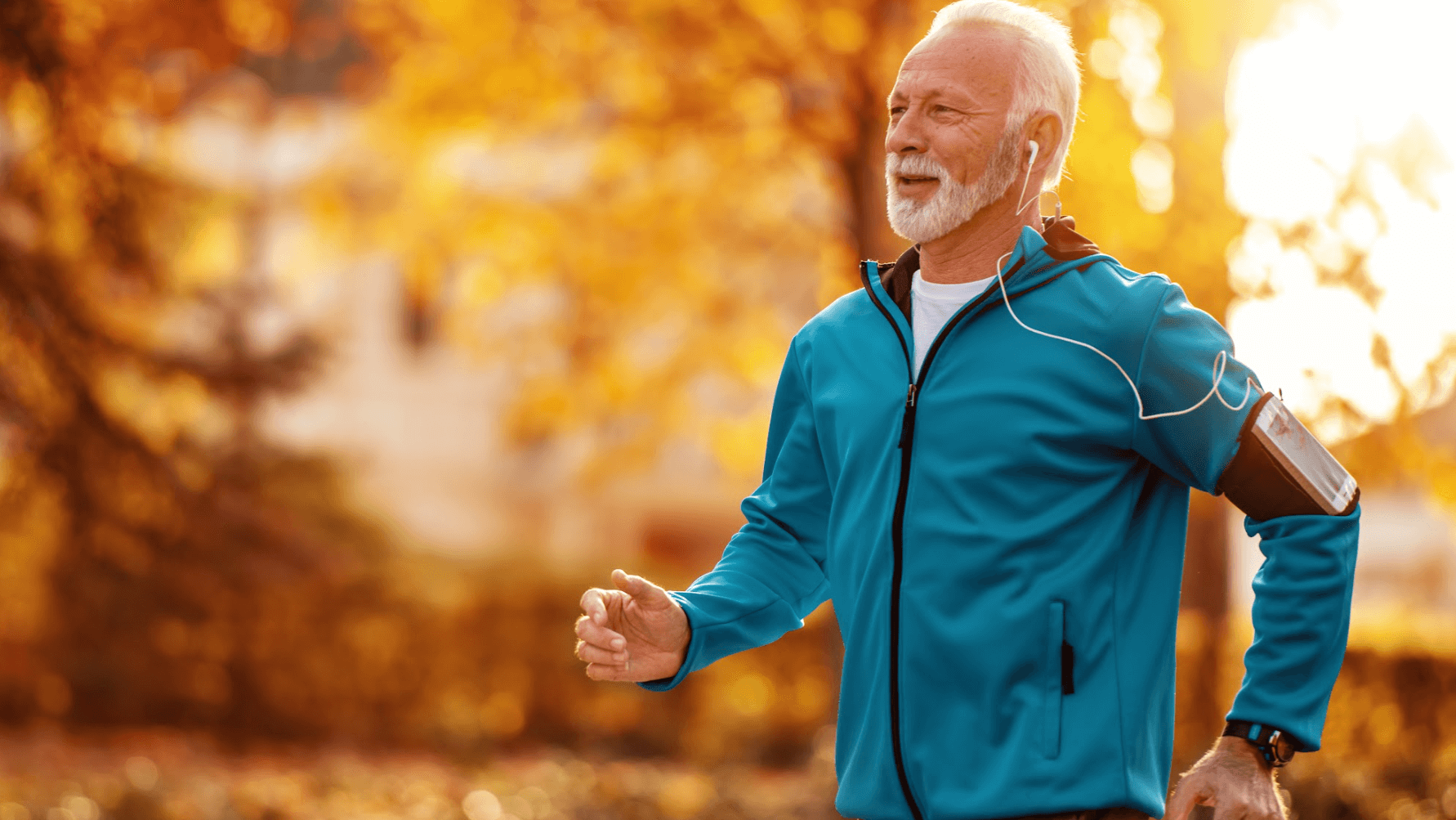What Should People with Knee Osteoarthritis Avoid?
&srotate=0)
Living with knee osteoarthritis can be challenging, but with proper management, you can lead an active and fulfilling life. Dr. Matthew Kohler at Ospina Medical in New York, NY is dedicated to helping patients manage their condition and improve their quality of life. People with knee osteoarthritis should avoid activities and habits that can exacerbate their symptoms and hinder their mobility. There are some key elements to avoid to manage knee osteoarthritis pain relief effectively.
Are high-impact activities harmful to knee osteoarthritis?
One of the primary recommendations for knee osteoarthritis management is to steer clear of high-impact activities that put excessive stress on the knees. These activities can accelerate the wear and tear on the knee joints, leading to increased pain and discomfort. Here are some high-impact activities to avoid:
- Running and jogging: These activities exert significant force on the knees, which can worsen osteoarthritis symptoms.
- Jumping exercises: High-impact aerobic exercises, such as jumping jacks, can cause additional strain on the knee joints.
- Contact sports: Sports like basketball, soccer, and football involve sudden stops, twists, and turns, which can harm individuals with knee osteoarthritis.
Can certain movements and postures aggravate knee osteoarthritis?
Yes, specific movements and postures can aggravate knee osteoarthritis symptoms. It is important to be mindful of how you move and position your body to avoid unnecessary strain on your knees. Consider these tips:
- Avoid deep knee bends and squats: These movements can increase pressure on the knee joints and should be minimized.
- Limit kneeling and crawling: These positions place direct stress on the knees and can exacerbate pain.
- Be cautious with stair climbing: While climbing stairs is often unavoidable, try to use handrails for support and take them slowly to reduce strain on the knees.
What dietary habits should be considered for knee osteoarthritis management?
Diet plays a crucial role in nonsurgical knee osteoarthritis treatment. Maintaining a healthy weight is essential, as excess weight can put additional pressure on the knees. Here are some dietary habits to consider:
- Reduce intake of processed foods: These foods can contribute to inflammation, which can worsen osteoarthritis symptoms.
- Limit sugar and refined carbohydrates: These can also promote inflammation and negatively impact overall health.
- Incorporate anti-inflammatory foods: Focus on a diet rich in fruits, vegetables, whole grains, and healthy fats, like omega-3 fatty acids found in fish.
How can lifestyle modifications aid in knee osteoarthritis pain relief?
Lifestyle modifications are key to managing knee osteoarthritis pain relief. Simple changes can make a significant difference in your comfort and mobility. Consider the following:
- Regular low-impact exercise: Engage in activities like swimming, cycling, and walking to maintain joint flexibility and strengthen muscles around the knee.
- Physical therapy: Work with a physical therapist to learn exercises that can improve joint function and reduce pain.
- Use of supportive devices: Knee braces, orthotic shoes, and walking aids can help reduce stress on the knee joints.
Take control of your knee osteoarthritis in New York
Managing knee osteoarthritis involves avoiding certain activities, making dietary changes, and incorporating lifestyle modifications. You can effectively manage your symptoms by steering clear of high-impact exercises, being mindful of movements and postures, adopting a healthy diet, and engaging in appropriate physical activities. At Ospina Medical in New York, NY, Dr. Matthew Kohler, double board-certified in anesthesiology and pain medicine, offers comprehensive care to help you navigate life with knee osteoarthritis. For personalized knee osteoarthritis management and to explore nonsurgical knee osteoarthritis treatment options, schedule a consultation with Dr. Kohler today.